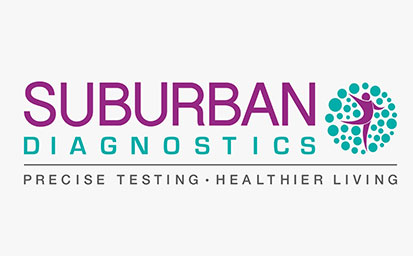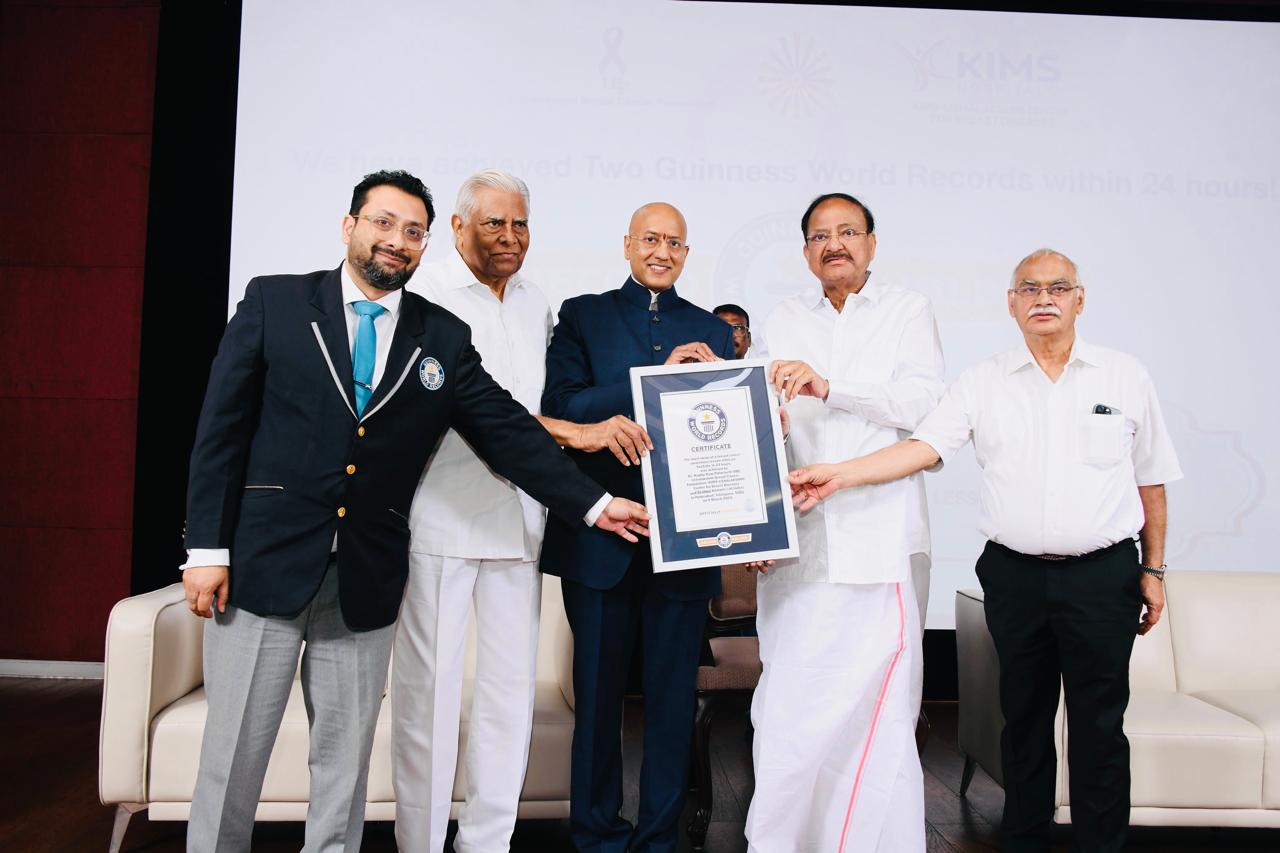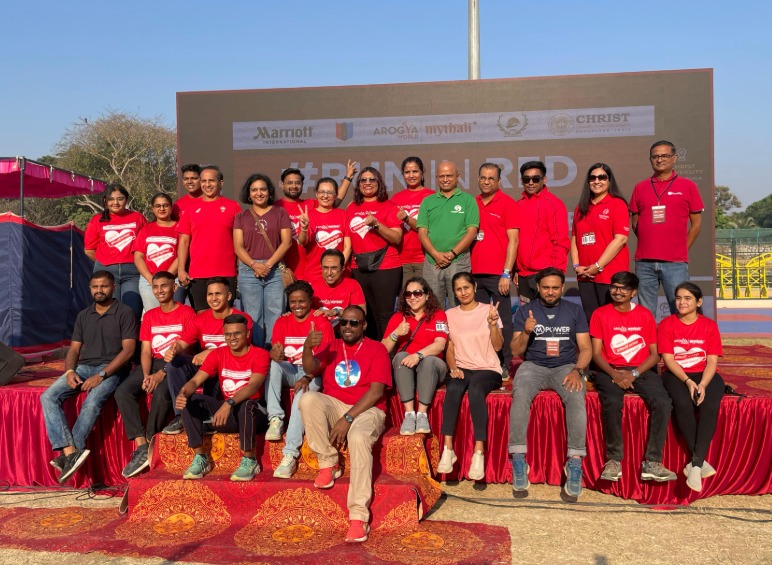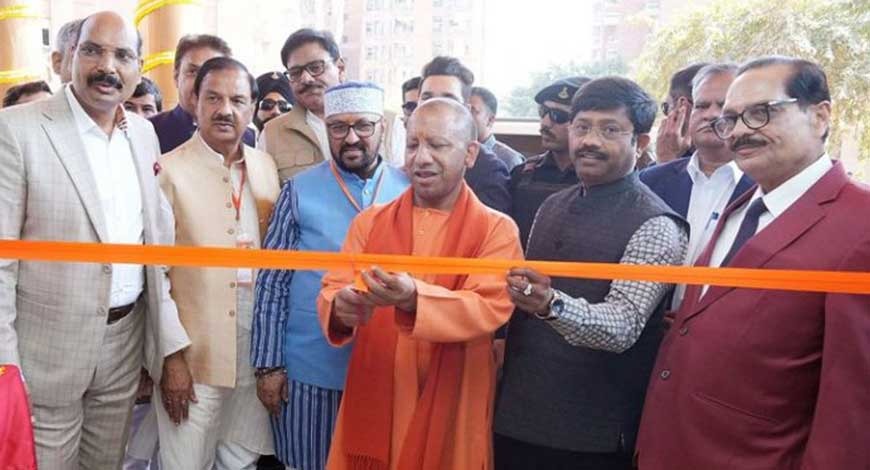Suburban diagnostics conducts a research on the pattern of antibodies and antigens present in COVID-19 patients
Observes a falling trend in the COVID-19 positive cases in Mumbai from June to August 2020 Suburban Diagnostics, in their attempt to objectify their diagnostic and management strategies, conducted a research on 83 patients with a

Observes a falling trend in the COVID-19 positive cases in Mumbai from June to August 2020
Suburban Diagnostics, in their attempt to objectify their diagnostic and management strategies, conducted a research on 83 patients with a known history of COVID-19. These patients were followed up on with serial antibody tests to study the sero-conversion and the trend of antibody response post infection. Out of the 83 patients, 64% (53 patients) had symptomatic COVID-19 infection and 36% (30 patients) had completely asymptomatic infection.
When followed up for 120-150 days post infection, 92% were positive for antibodies and 8% were still negative. Of the patients who completed 180 days post diagnosis, 90% were antibody positive. This figure is liable to change once all the patients being followed up complete 180 days and are tested. On analysis, it was also found that the peak in antibody levels for the majority of antibody positive cases happened during the 60-90 day period.
The table below shows that, from June to October, 2020 there was a rise in the percentage of patients tested, who developed antibodies. Overall, out of the total 30,884 antibody tests conducted it was found that 10,840 (35.1%) of the patients had developed COVID-19 antibodies.
| Month | Number of tests done | COVID-19 Antibody Positivity Rate |
| June | 190 | 27.9% |
| July | 6204 | 21.8% |
| August | 6234 | 30.6% |
| September | 10535 | 36.7% |
| October | 7721 | 47.5% |
| Total | 30884 | 35.1% |
Another study, conducted on a total of 200 patients by Suburban Diagnostics was to understand the concordance between the rapid antigen test and the RT-PCR test taking in to consideration, the cycle threshold (Ct) values of RT-PCR positive patients. In this study, the patients were simultaneously tested for COVID-19 infection by the rapid antigen method and the RT-PCR method. The conclusion of the study is that the rapid antigen test was 100% specific with no false positives found and had a 60% sensitivity compared to the RT-PCR test. It showed a lower sensitivity of 32% in asymptomatic patients. In 63% cases, the antigen test had proven negative, but the RT-PCR test was positive but with borderline Ct values which roughly correspond to low viral load.
An analysis of all the RT-PCR samples tested at Suburban Diagnostics revealed that positivity percentage overall, since March has been 29.3%. Interestingly, a falling trend of COVID-19 positive percentage has been seen from June till August in the city of Mumbai, with a slight increase in the month of September, 2020.






